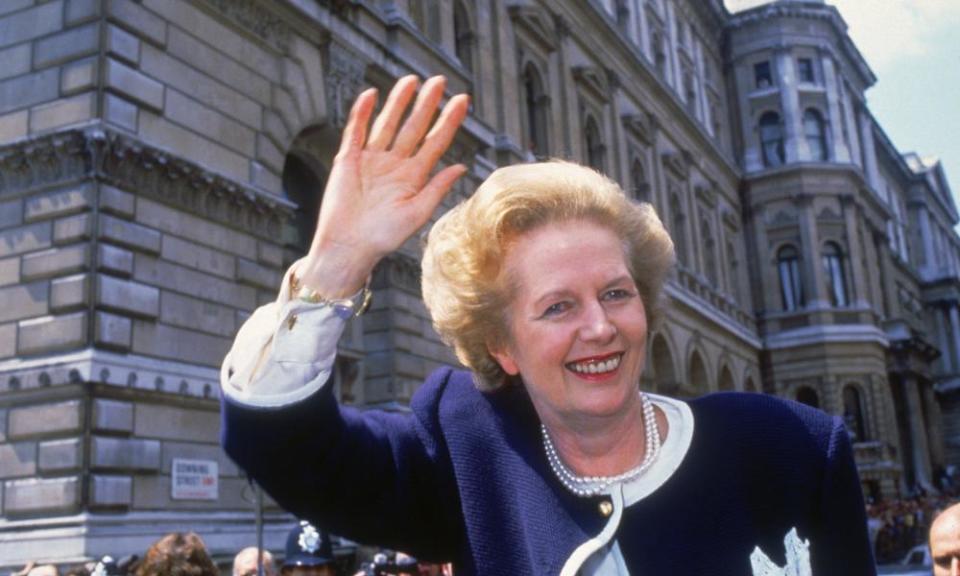Debt may be cheap, but the UK's poor productivity will cost us dear

The strangely easy agreement between economists of right and left that the chancellor should set aside concerns about Britain’s rising debt levels still holds seven months after the first Covid-19 lockdown was imposed.
Thatcherite free-market thinktanks sing the same carefree song as Keynesian academics when debate turns to the size of this year’s public spending deficit. There are differences in tone and it goes without saying that all would want money spent wisely, but their efforts focus on competing proposals for growth.
If only that were true inside the Tory party, be that members or backbenchers. Listen to what they say about the economy, and it is like the 2008 financial crash never happened. Public sector spending is still being likened to a household’s finances, where the aim must be a balanced budget.
Even worse, the household analogy has another group of subscribers and they sit inside the Treasury. Much of the pressure on Rishi Sunak to cut back support for the economy and limit borrowing also comes from officials in the department’s Great George Street HQ. They wring their hands in terror remembering how the rocketing deficits of the past 100 years have left the nation in hock to foreign governments or international investors.
Anyone who thinks the Treasury happily borrowed through the first and second world wars and gaily went cap in hand to the International Monetary Fund in the mid-1970s needs to check their facts.
Their concerns were twofold. First, the amount of money sloshing around the global financial system then was scarce and therefore came at a high cost. Second, former and declining colonial powers don’t have the productive engine of entrepreneurs and skilled workers that allow an economy to power its way out of a crisis.
The first of these concerns has evaporated. Seventy years of accumulated post-war savings, whether stashed in western pension funds or the sovereign wealth funds of oil-rich nations, means that the price of borrowing has fallen to almost zero.
This development has become the focus of the anti-austerians and the main plank of any argument in favour of higher public spending. And it is an important element of any attempt to persuade the Treasury to loosen the purse strings.
On its own, though, it is not enough. There remains the gloomy assessment of Britain’s productive capacity. Leftist economists will point to the period of expansion after the last world war and argue that it justifies renewed high levels of public spending, nationalisation and state-backed industrialisation, though the 2020 version would be a climate-friendly initiative.
The Treasury view is that spending must be careful. As such, it is almost inevitable that recovery will take a decade or longer
Yet the 1950s was a period of austerity and relative industrial decline. The hourly output of workers fell relative to our major competitors, and all it took was a quadrupling of the oil price in 1974 to plunge the UK into deep financial trouble.
A second wave of growth took hold from the 1980s to the early noughties. While there is much to say about this period – from Thatcher’s fire sale of assets to the consumer borrowing binge in the early part of this century that artificially boosted growth – the main point today is that many of the industries that drove this growth are now dying or in retreat.
From the oil and gas sector to the carmakers and previously stellar finance industry, the UK relies on wealth generators that have either a limited future or none at all.
From the Treasury’s perspective, the launchpad for recovery is in a terrible state – worse than most ministers, and many thinktanks, realise. Whether it is finding new industries to supersede the old, rescuing those affected by Covid or supporting firms through a tough Brexit transition, the cost of aiming billions of pounds at a particular target and missing will be too high.
The Institute of Economic Affairs has urged the chancellor to use business tax cuts to rekindle the entrepreneurialism of the Thatcher decade, arguing that that would generate enough growth to bring down the deficit, and pay for extra welfare, investment in the regions and all the other things on MPs’ wish list.
According to the left, the same trick can be pulled off by lashings of government investment. Yet when so much growth has been generated by foreign managements and foreign investment, the Treasury view is that spending must be careful. As such, it is almost inevitable that recovery will take a decade or longer.
So while the price of debt is important, glib and uninformed exhortations for tax cuts or extra spending won’t reassure the Treasury unless deep-seated weaknesses in the UK’s engine of private sector growth are tackled too.

